6,000-Year-Old Hindu Text Reveals Oldest Eclipse Reference
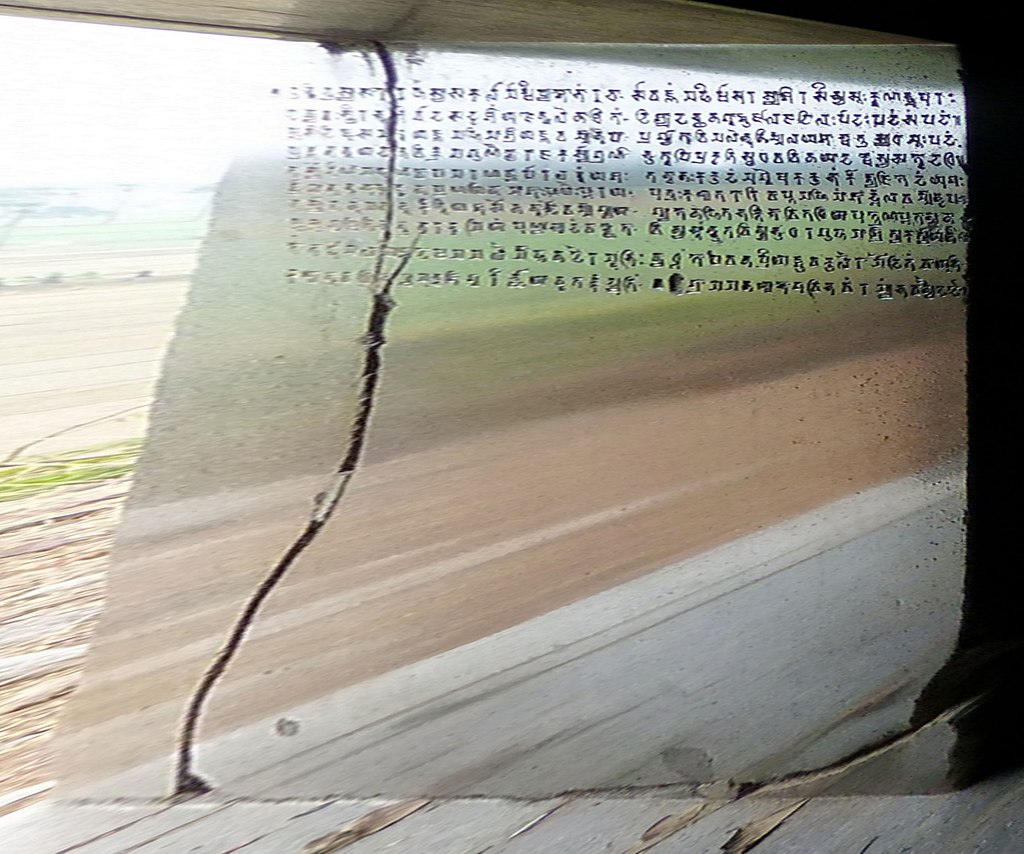
Breaking the Time Barrier: Astronomers Discover Ancient Eclipse Record
A groundbreaking discovery has been made by astronomers, uncovering a 6,000-year-old reference to a total solar eclipse in the ancient Hindu text, Rig Veda. This remarkable finding marks the oldest known mention of an eclipse, offering a fascinating glimpse into early human astronomical observations.
A Glimpse into Ancient Astronomical Knowledge
The Rig Veda passage in question describes the sun as being "pierced by darkness", a vivid description that aligns with the sudden and temporary disappearance of sunlight during a total solar eclipse. This ancient text, composed around 4,000 BCE, demonstrates a surprising understanding of celestial events, challenging our previous assumptions about the development of astronomical knowledge.
Unveiling the Secrets of the Ancient Sky
This extraordinary discovery not only pushes the boundaries of our understanding of ancient civilizations but also highlights the significance of interdisciplinary research. By combining astronomy, history, and philology, scientists have unlocked a valuable piece of our shared cultural heritage, providing new insights into the evolution of human understanding of the cosmos.
Deciphering Ancient Wisdom: Understanding the Eclipse Reference
Researchers have made a groundbreaking discovery in the field of ancient astronomy, uncovering a 6,000-year-old Hindu text that references the oldest known eclipse. This remarkable finding has left scientists eager to delve deeper into the secrets of our ancestors.
Unraveling the Ancient Text
Scholars have meticulously analyzed the ancient text to identify the eclipse reference, which is estimated to have occurred approximately 6,000 years ago. The passage's flowery language, although challenging to decipher, fits the description of a total solar eclipse.
A Glimpse into Advanced Astronomical Knowledge
This extraordinary discovery highlights the advanced astronomical knowledge of ancient civilizations. The fact that our ancestors were able to record and understand such a rare celestial event is a testament to their ingenuity and curiosity.
A Glimpse into Ancient Indian Astronomy
The Rig Veda, one of the oldest and most sacred Hindu texts, contains knowledge on various subjects, including astronomy. Composed around 1500 BCE, this ancient text reveals the remarkable understanding of celestial events demonstrated by ancient Indian astronomers. The Rig Veda's astronomical references, though encoded in Vedic Sanskrit, have been deciphered by scholars, providing valuable insights into the evolution of human understanding of the cosmos.
Early Astronomical Observations
Ancient Indian astronomers demonstrated remarkable understanding of celestial events, including lunar and solar eclipses, planetary motions, and the timing of astronomical phenomena. Their observations, recorded in the Rig Veda and other Vedic texts, showcase an early grasp of astronomy, predating similar discoveries in other ancient civilizations. The Rig Veda's references to astronomical events, such as the "Sun hidden by the demon" (Rig Veda 5.40.5), have been interpreted as descriptions of solar eclipses.
Contribution to Modern Understanding
This discovery sheds new light on the contributions of ancient Indian astronomy to modern understanding. The Rig Veda's astronomical references, though ancient, demonstrate a surprising accuracy, considering the limited technological advancements of the time. The text's descriptions of celestial events, such as planetary motions and eclipses, have been verified by modern astronomical calculations, underscoring the ingenuity and observational skills of ancient Indian astronomers. By studying these ancient texts, modern astronomers can gain a deeper understanding of the historical development of astronomical knowledge.
Implications and Future Research
The discovery of the oldest eclipse reference in a 6,000-year-old Hindu text has far-reaching implications for our understanding of ancient astronomical knowledge. This finding opens up new avenues for research into ancient astronomical knowledge, encouraging scholars to delve deeper into the mysteries of the past.
New Avenues for Research
This groundbreaking discovery highlights the significance of exploring ancient texts for astronomical knowledge. Further analysis of ancient texts may uncover more significant discoveries, providing a unique window into the understanding of celestial phenomena by ancient civilizations.
Uncovering Hidden Secrets
As researchers continue to explore ancient texts, they may uncover hidden secrets about astronomical events, planetary movements, and the evolution of astronomical knowledge. This can lead to a deeper understanding of the development of astronomy as a science and its impact on human culture.
Context for Modern Space Exploration
Understanding ancient astronomy can provide valuable context for modern space exploration. By studying the knowledge and beliefs of ancient civilizations, scientists can gain insights into the long-term evolution of astronomical phenomena, ultimately enriching our understanding of the universe.
Conclusion: Uncovering Hidden Secrets of the Ancients
The Ingenuity of Ancient Astronomers Revealed
The discovery of the oldest known eclipse reference in the Rig Veda showcases the ingenuity of ancient astronomers. This finding highlights the advanced understanding of celestial events and their documentation in ancient Hindu texts. The Rig Veda, a 6,000-year-old Hindu text, has revealed its secrets, leaving us in awe of the knowledge possessed by our ancestors.
Bridging the Gap between Ancient and Modern Astronomy
This finding bridges the gap between ancient and modern astronomy, demonstrating a continuous pursuit of knowledge about the universe. The ancient astronomers' ability to record and interpret celestial events has paved the way for modern astronomy, allowing us to better understand the workings of the universe.
Unveiling More Secrets of the Universe
Continued exploration of ancient knowledge will unveil more secrets of the universe. As we delve deeper into ancient texts and artifacts, we may discover new insights into the workings of the cosmos. This journey of discovery will continue to captivate and inspire us, fostering a deeper understanding of our place within the universe.
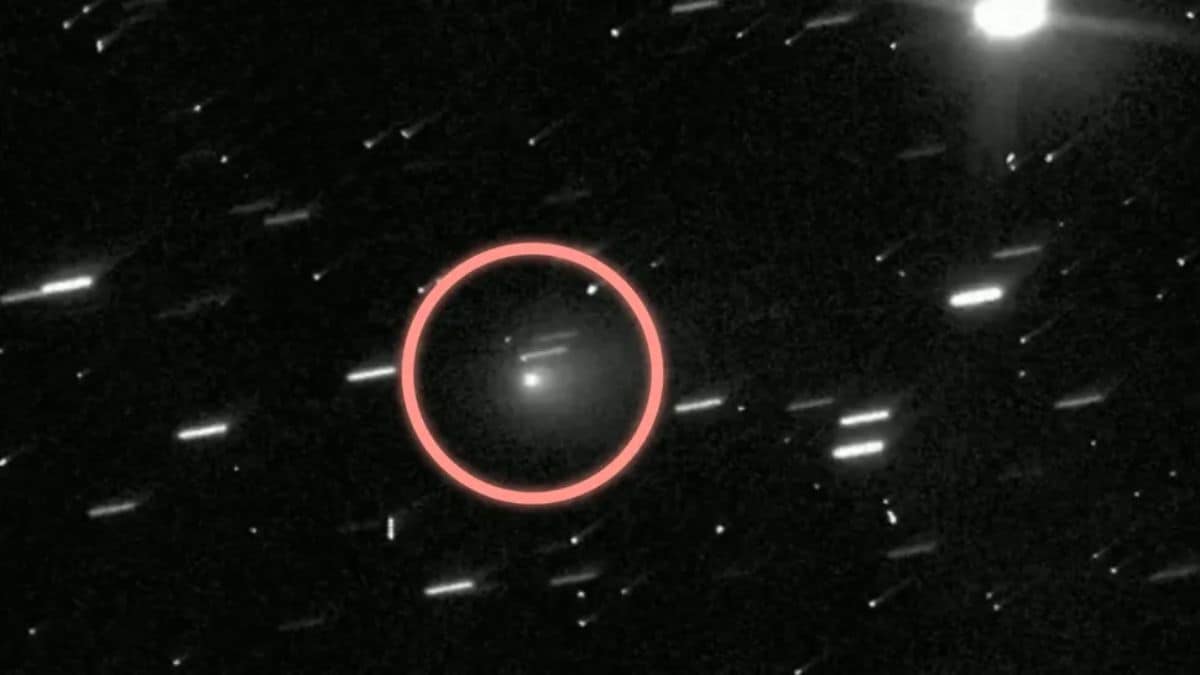

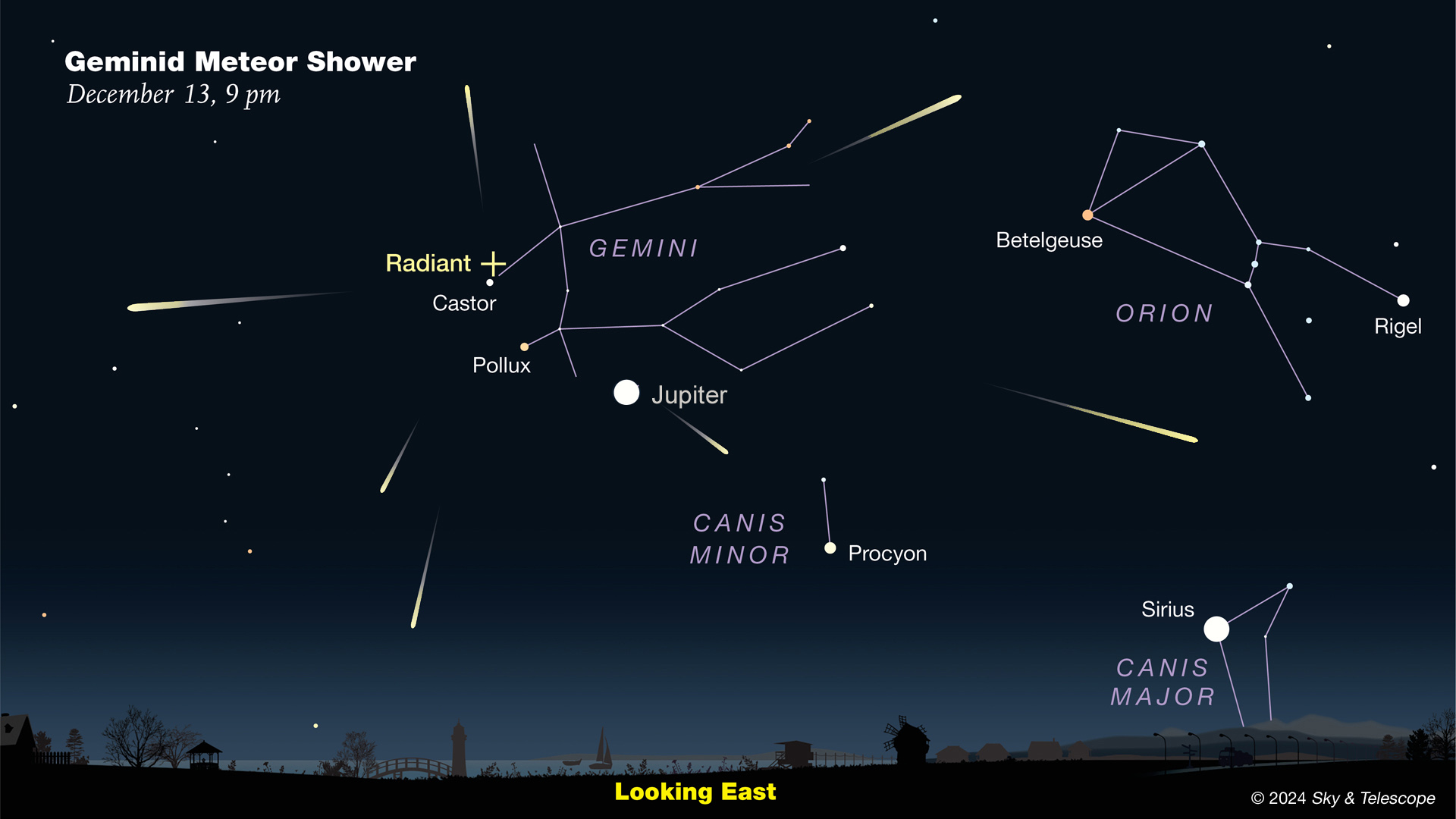
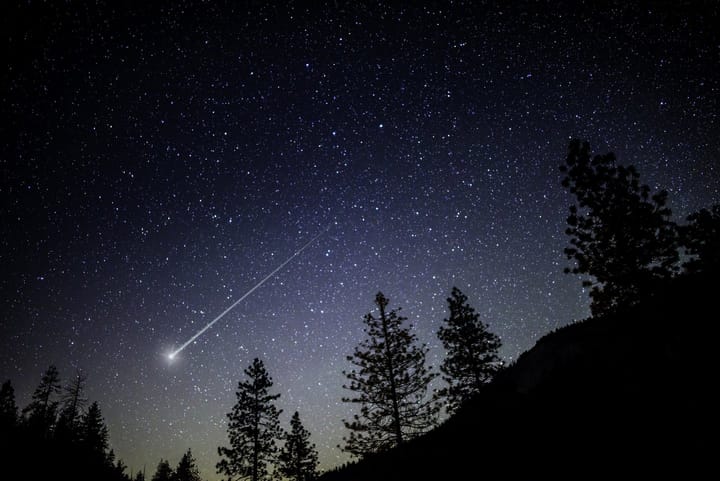


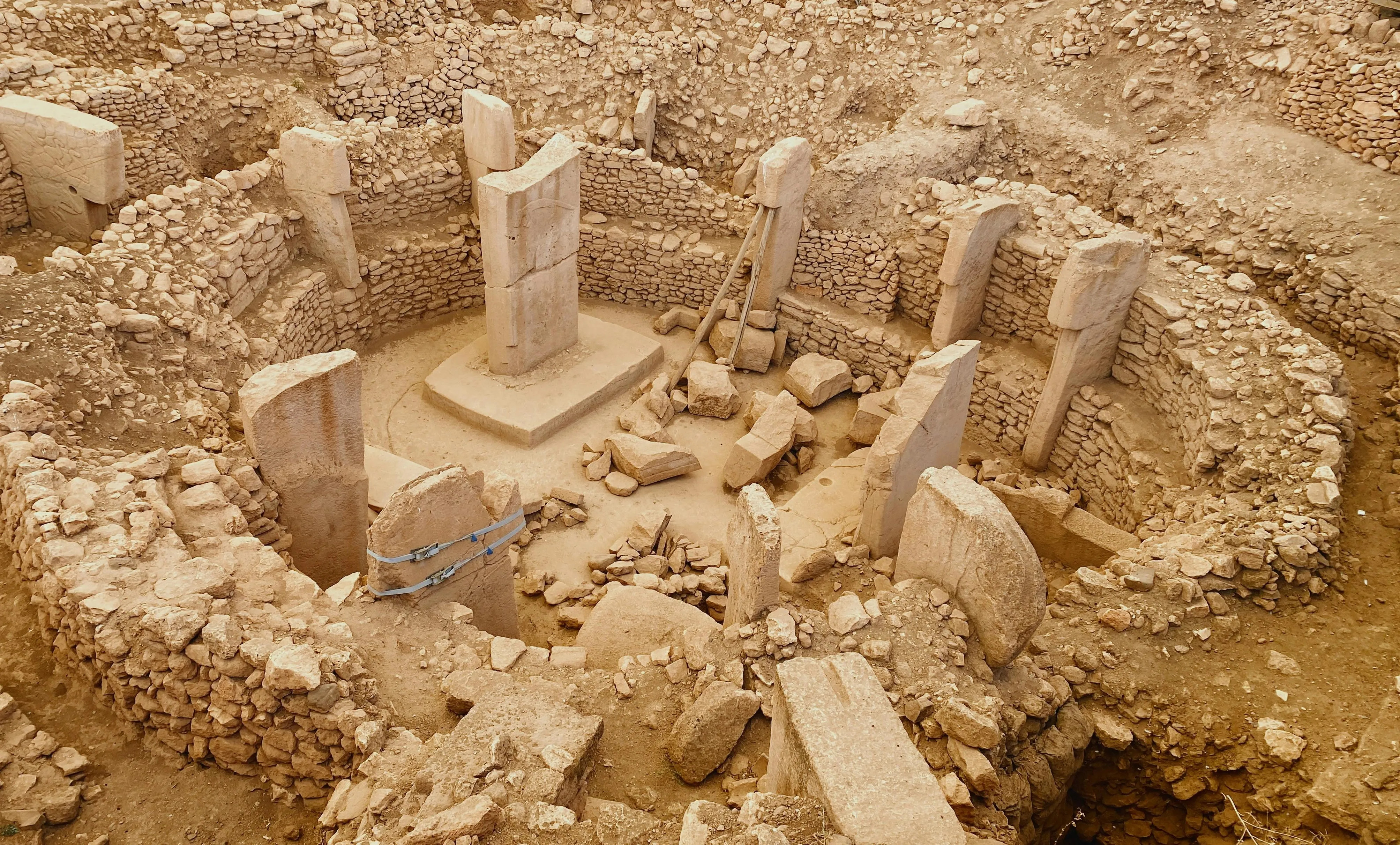
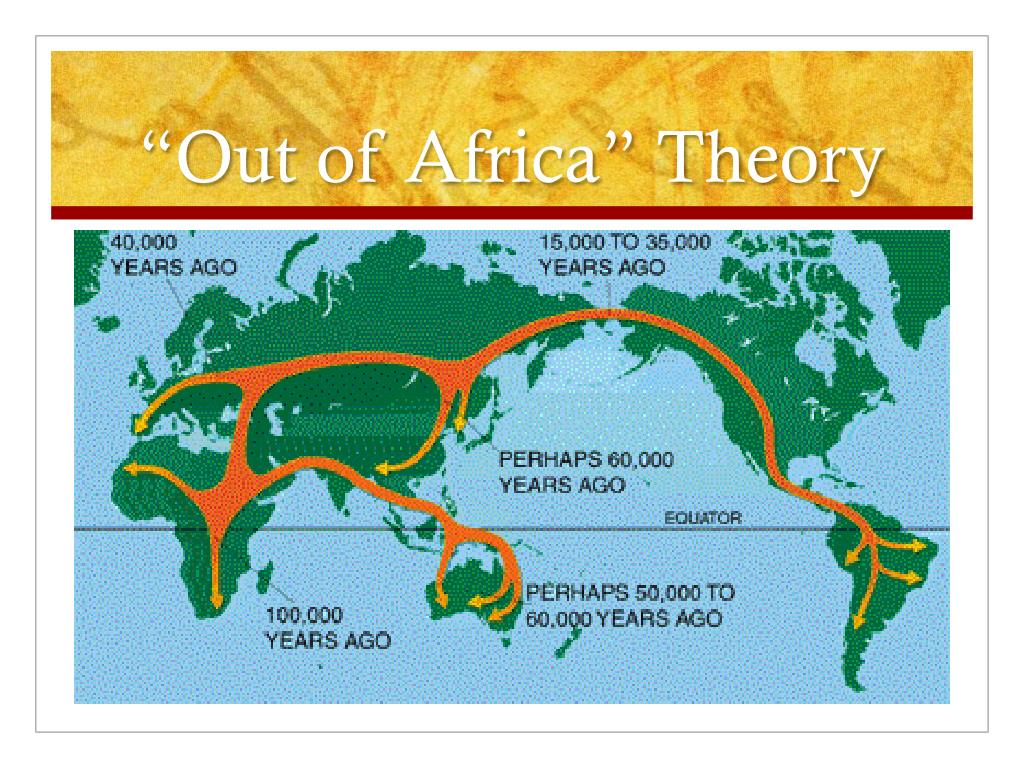










Comments ()